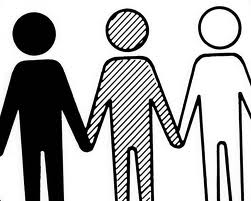 In the past, when South Africa was mentioned, associations of Apartheid and Racism would crop up. Nowadays, associations of Freedom, Democracy and Peace develop. I am truly saddened to be the bearer of bad news at this prospect, but South Africa can indeed not yet claim these merits.
In the past, when South Africa was mentioned, associations of Apartheid and Racism would crop up. Nowadays, associations of Freedom, Democracy and Peace develop. I am truly saddened to be the bearer of bad news at this prospect, but South Africa can indeed not yet claim these merits.
Our philosophy lecturer introduced today’s class with a serious tone in saying that we would be dealing with sensitive topics. The main question “when can someone be considered African?” sparked up a fiery debate. Initially, every disagreement had been dealt with in a neutral fashion. One student then made (what I would consider) an indoctrinated notion claiming that only black people are African. Furthermore, he also claimed that Ubuntu (the African philosophy that a person is only a person through other people) should only be shown to one’s own community. Thus, by earlier stating that all non-Blacks should be excluded from the African community, the problem developed that therefore inter-racial communications involving Ubuntu towards each other should be proved to be impossible. Needless to say, emotions were stirred and fiery patriotic claims followed.
As this student’s upsetting conclusion dawned on everyone, it was clear that a racist discourse of exclusion still surrounds South Africa like vehement, opaque gas. This black student’s views were then very cleverly challenged by another black student proving that there might be hope of escaping this poisonous ideology. Not only among blacks does this ideology exist, quite obviously: there is a constant bickering between races. It must be noted that there are individuals who rise above this racism, but at the moment, the emotionality of the country’s history has consumed most people.
From this example it is clear that every good theory can have bad interpretations which drag it down into the mud. Ubuntu’s philosophy is as follows: I am because you are. If we could understand the “I” and the “you” as always belonging to the same worldwide context, Ubuntu could very well lead not only to a more understanding nation, but to a more understanding world. If we understand our context not only in terms of ourselves, our families, or our communities – if we open our contexts into seeing ourselves as part of the world, a truly peaceful and helping world community could exist.
It is clear that South Africa still has a long walk to the other kind of freedom. Yes, individuals are now free by law, but if we can be free in social situations – if we can communicate with one another without feeling inferior or superior, we could be emotionally and socially emancipated as well. What scares me about South Africa is that it is still not attempted to instil this freedom.
A last image I leave you with:

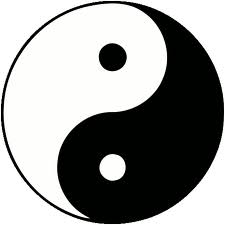


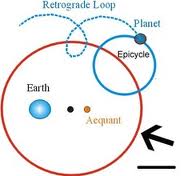






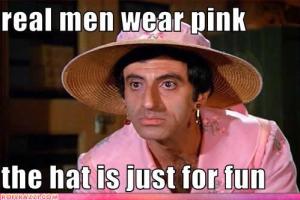
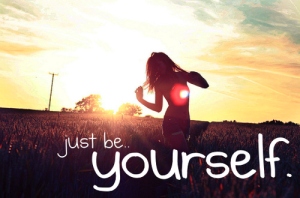
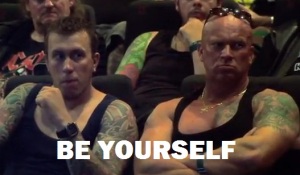 * Please take note that I am not discriminating against guys who wear pink shirts. I am however poking fun at doucebags who wear pink shirts to
* Please take note that I am not discriminating against guys who wear pink shirts. I am however poking fun at doucebags who wear pink shirts to 




